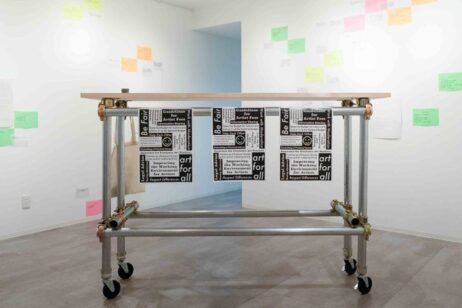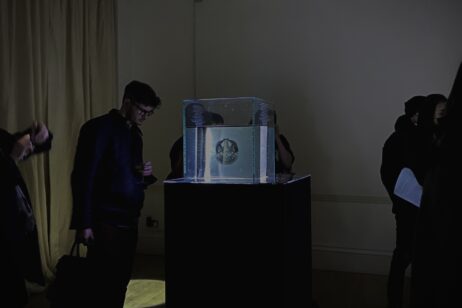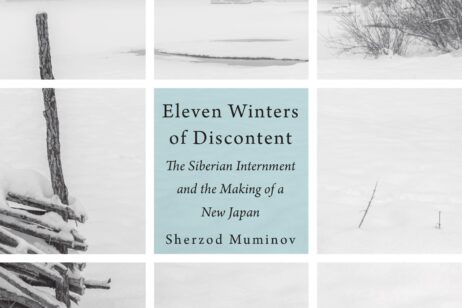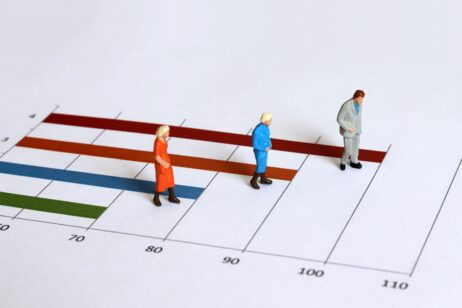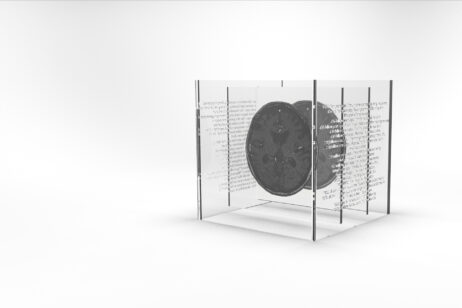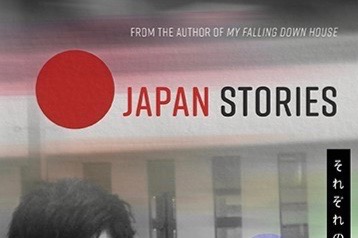24 February 2022
Art x Ecology x Japan
The COVID-19 pandemic has been a catalyst for paradigm shifts pulling together societies to get through hard times. Founded during the pandemic, in Japan, “art for all” was initiated to broaden the understanding of diverse cultural and artistic activities and to discuss how contemporary art contributes to our society through enlightening and investigating, creating dialogue and supporting social reforms.
This first talk, in a series of three, explores some case studies in Japan. Ms Wakabayashi Tomoko, Dr Justin Jesty, Yoi Kawakubo and Towa Takaya explained how “art for all” began, why it was needed, what its current activities are, what forms of support currently exist in the art world and their respective visions for the future.
Fully bookedMore info